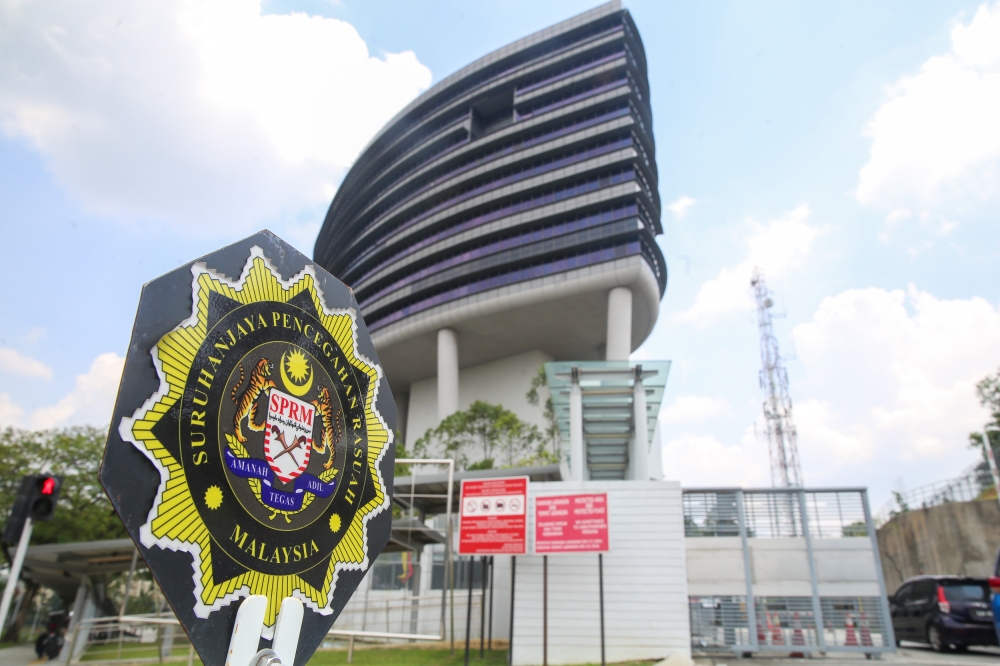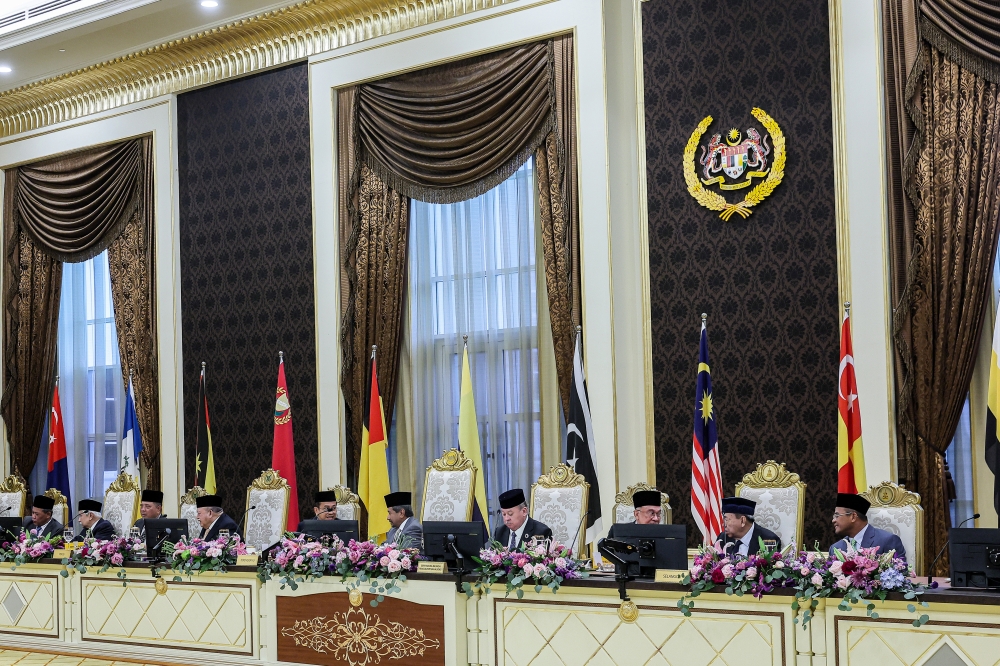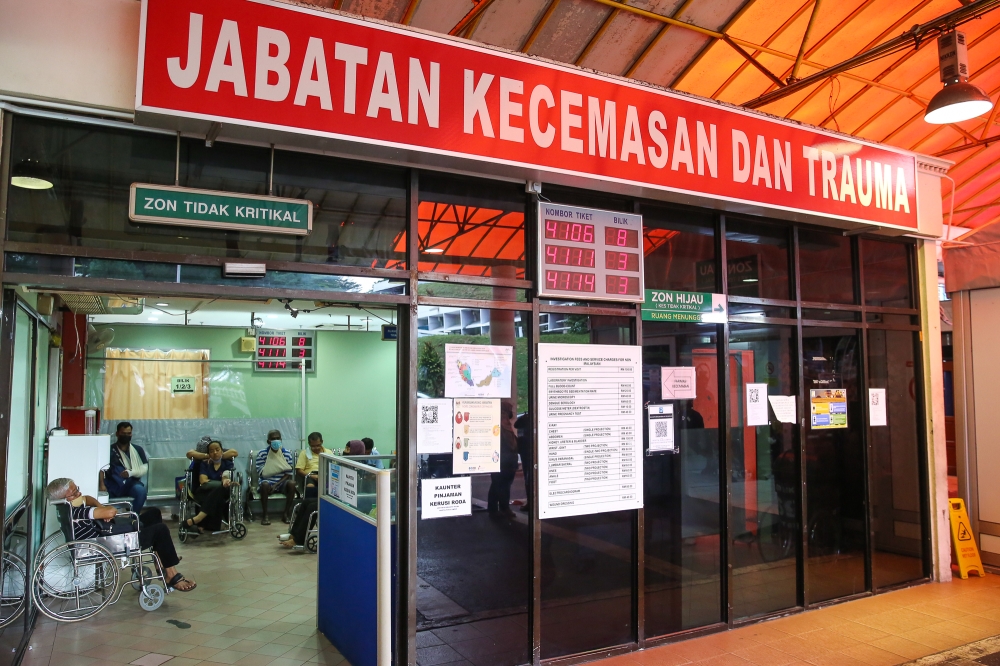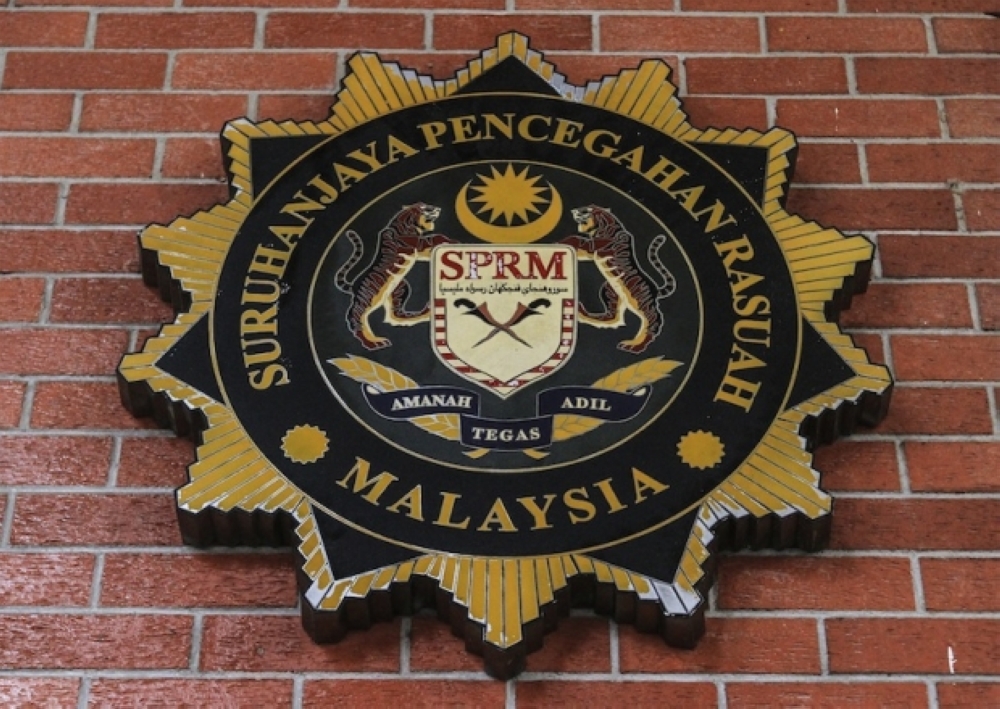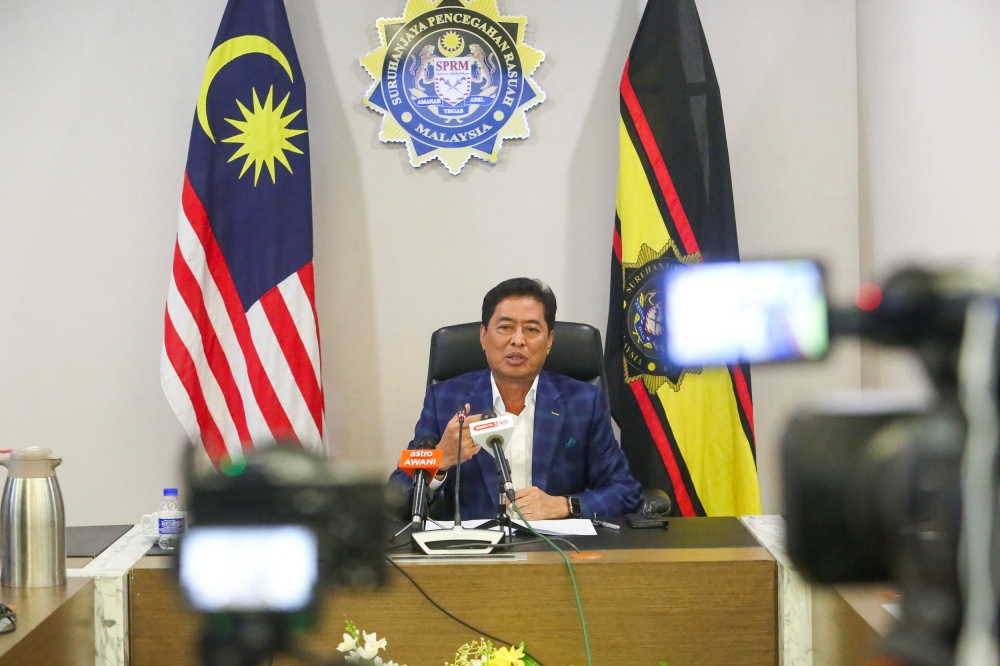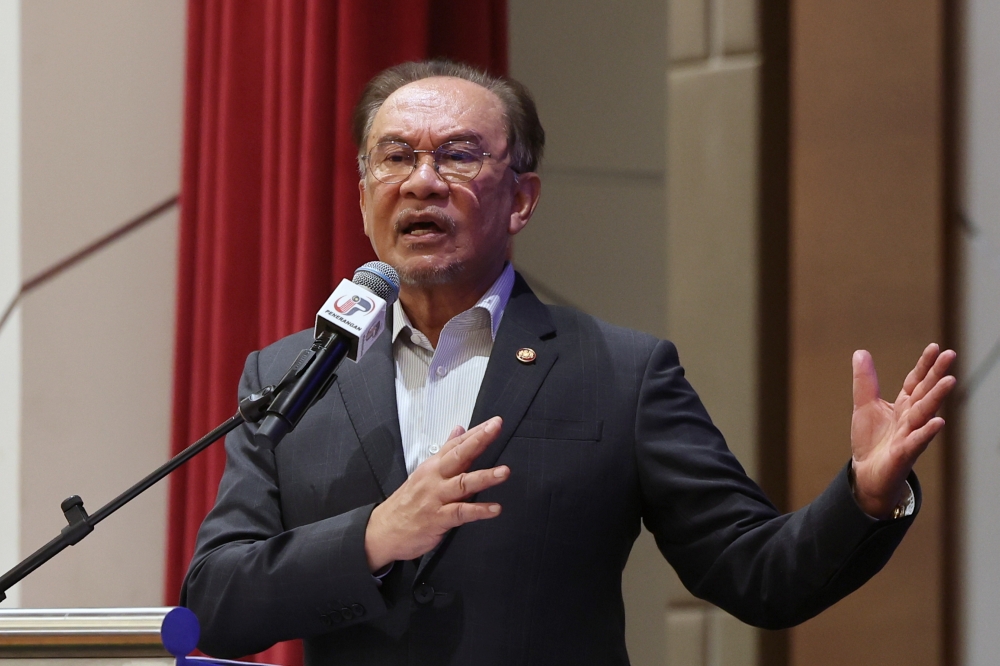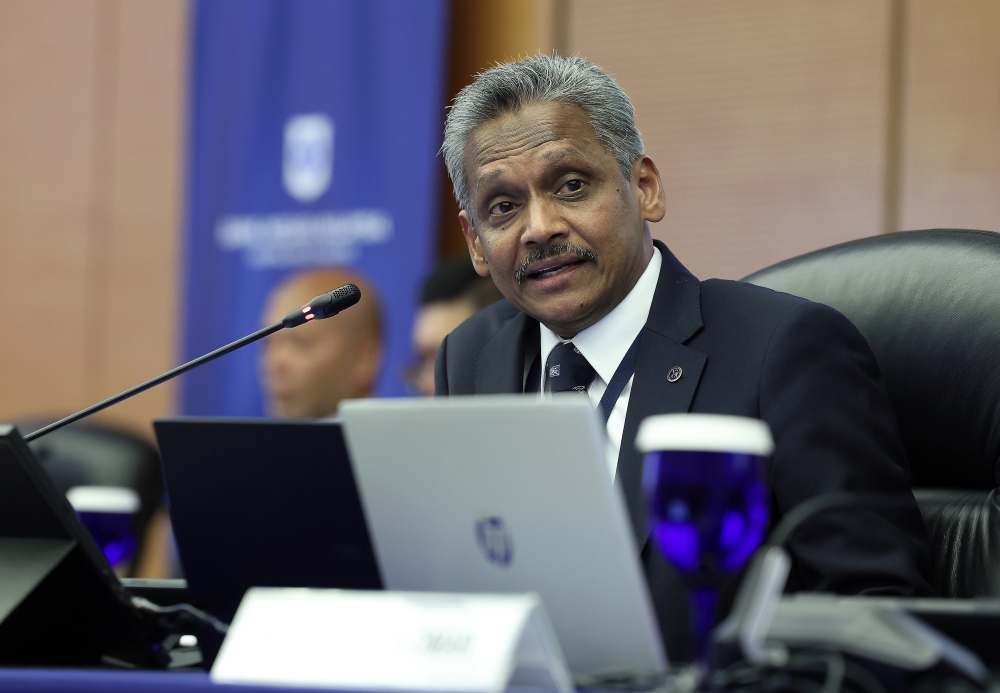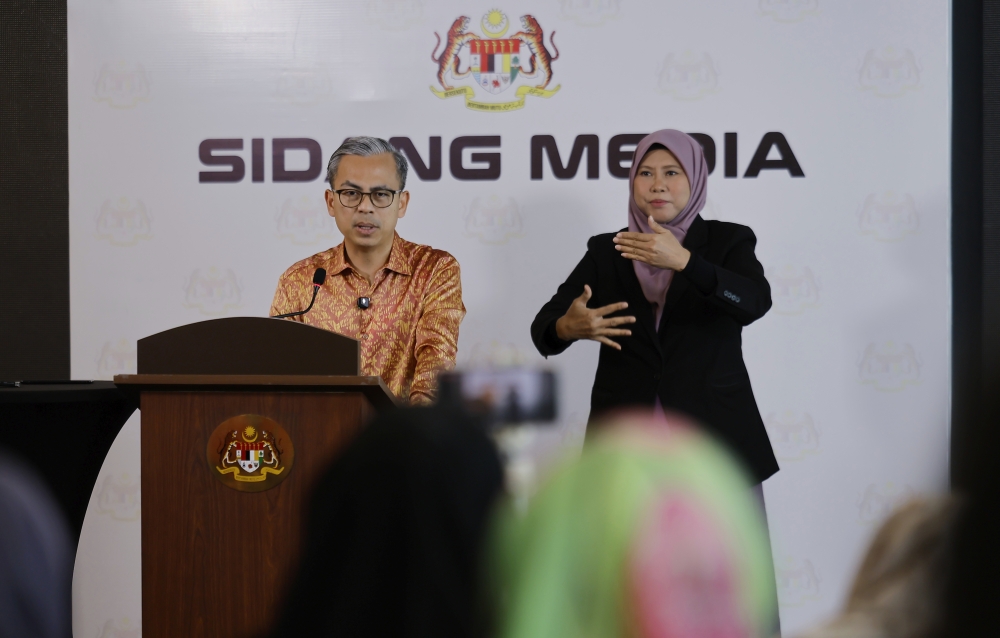KUALA LUMPUR, May 6 — The Malaysian Bar said the refusal of Attorney General’s Chambers to prosecute Serba Dinamik Holdings, which left the Securities Commission no recourse beyond issuing compound notices to the listed firm, was a “dangerous precedent” in the country.
In a statement today, Malaysian Bar vice-president Mohamad Ezri Abdul Wahab said submitting false documents to Bursa Malaysia Securities Berhad is an offence under Section 369(a)(B) of the Capital Markets and Services Act 2007 (CMSA), which was punishable by up to 10 years’ imprisonment and a RM3 million fine.
“The imprisonment term demonstrates the severity of such a charge,” he said.
Mohamad Ezri urged the AGC to make a full and transparent disclosure on its refusal to proceed with prosecuting the case.
“The AGC should engage in a purposeful consultation process with the regulators to ensure the proper penalties are enforced. The old adage rings true now more than ever — justice must not only be done, but must be seen to be done.
“Under Section 375 of CMSA, the Securities Commission (SC) can only institute prosecution proceedings with the written consent of the AGC. Similarly, under section 373(1) of CMSA, the SC requires the written consent of the AGC to issue a compound. The Malaysian Bar is mindful of the immense authority wielded by the attorney general. Such powers are granted under Article 145(3) of the Federal Constitution, which provides the attorney general with the discretion to institute any proceedings for an offence.
“It is our view that such power must be exercised in a way that would promote and strengthen the rule of law. With due respect, the AGC should refrain from making a decision that overrides the recommendations made by the regulator — in this case, the SC — as this could potentially erode the function as well as the public perception vested in the regulator,” he added.
Mohamad Ezri added that one of the core objectives of securities regulations is to foster a fair market system, thereby instilling confidence in investors and shielding the market from systemic risks, and to achieve this, regulators who are exercising their statutory duties must be given the liberty to enforce law and regulations against wrongdoers.
He lamented the handling of the case involving Serba Dinamik, saying it undermined the capital market regulators’ commendable efforts to uphold the integrity of the market.
“Such leniency is likely to create a negative perception of selective enforcement by the authorities and that the decision of the regulators can be overruled. It is our view that the considered opinions of the market regulators — in this case, the SC and Bursa Malaysia — should be preserved and executed accordingly.
“The Malaysian Bar is also concerned with the lack of transparency in this matter, given the wider impact that the Serba Dinamik compound has on the integrity of the capital market’s governance and regulatory framework. At the time of writing this press release, the AGC has yet to provide any statement for its decision not to prosecute Serba Dinamik and the accused officers. As this is a case of public interest, there is a need for the AGC to provide details of how the decisions in such cases are reached,” he added.
Last year, Serba Dinamik and three of its executives were charged at the Sessions Court with allegedly furnishing false financial statements to Bursa Malaysia.
Those charged were executive director Datuk Syed Nazim Syed Faisal, group chief financial officer Azhan Azmi and vice-president of accounts and finance Muhammad Hafiz Othman.
All three were charged under Section 369(a)(B) of the CMSA 200, which covers the offence of intentionally providing false information to a stock exchange, among others, regarding a security or derivative.
However, they were compounded by the SC on April 13 for submitting a false statement about its RM6.01 billion revenue for its financial period ended December 31, 2020.
A police report was then made on April 23 by the SC against Serba Dinamik.
Following that, on April 27 the SC granted CEO Datuk Mohd Abdul Karim Abdullah and three other top executives an extension of two weeks to compound their offences.
On April 28, business daily The Edge reported that SC chairman Datuk Syed Zaid Syed Jaafar resigned, merely six months after his reappointment in November 2021, while the issues surrounding Serba Dinamik were ongoing.
The Finance Ministry later confirmed that matter and announced that it has accepted Syed Zaid’s resignation as the executive chairman adding that his resignation would take effect on May 31.
His replacement Awang Adek, who will assume the position on June 1, was formerly Umno’s Bachok MP and had served as deputy finance minister under Tun Abdullah Ahmad Badawi and an ambassador to the United States under Datuk Seri Najib Razak.
On April 29, The Edge reported that three senior officials are leaving the SC, barely 24 hours after news broke that its executive chairman Datuk Syed Zaid Syed Jaffar Albar resigned.
According to the daily, the three are SC managing director Foo Lee Mei, general counsel Chee Fei Meng, and executive director of digital strategy and innovation Chin Wei Min.



